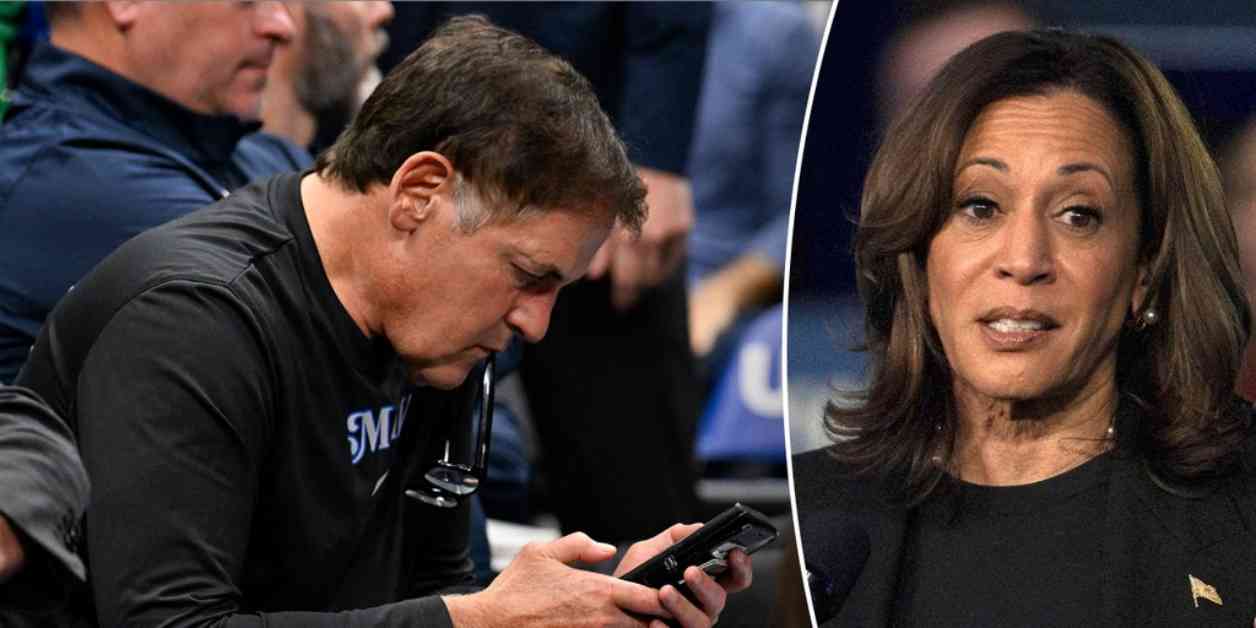Mark Cuban, a part-owner of the Dallas Mavericks and a strong supporter of Vice President Kamala Harris during her presidential campaign, recently faced criticism for deleting posts related to his support for Harris shortly after her loss to President-elect Donald Trump. Users on social media platforms noticed Cuban removing posts expressing his backing for Harris, prompting him to respond to the allegations.
Cuban explained that he has a history of deleting tweets, including those related to the 2020 and 2016 elections, as well as other topics. He suggested that interested parties could use the Wayback Machine to view his deleted posts. Additionally, Cuban mentioned an app he helped create for deleting posts, although it was shut down in 2021.
During the final days of the presidential campaign, Cuban publicly criticized Trump, stating on “The View” that the president-elect had never been supportive of strong and intelligent women. However, he later admitted that his comments might have been a mistake, especially following President Biden’s controversial remarks about Trump supporters.
After Trump’s victory in the election, Cuban congratulated him on social media and also extended his congratulations to fellow billionaire Elon Musk. Cuban also expressed his willingness to assist Trump if Harris did not emerge victorious, citing his previous involvement in helping with health care and personal protective equipment initiatives during Trump’s previous term.
Cuban’s actions and statements have generated mixed reactions from the public, with some questioning his motives and consistency in supporting political figures. Despite the backlash, Cuban remains firm in his stance on putting America first and being willing to contribute to national initiatives, regardless of the political climate.
As the controversy surrounding Cuban’s deleted posts continues to unfold, it raises questions about the role of public figures in expressing their political views and the scrutiny they face for their actions. The incident serves as a reminder of the challenges that individuals in the public eye encounter when navigating the intersection of politics and personal beliefs.


















